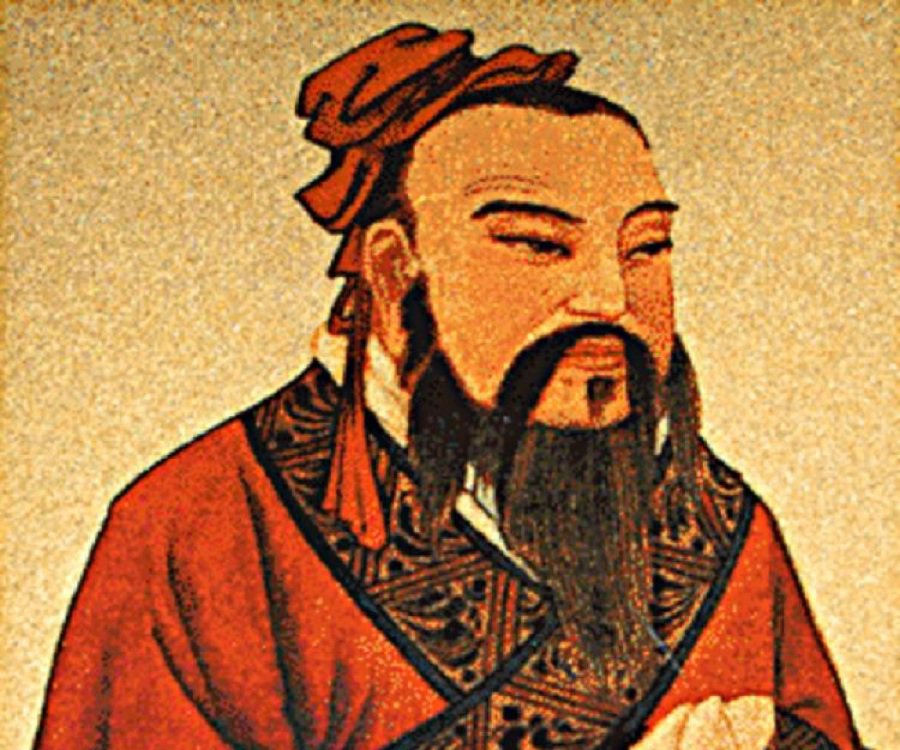Featured Student: Aneale Banerjee
 What are the strategic opportunities and dangers of Chinese President Xi Jinping’s slogan, the Chinese Dream
What are the strategic opportunities and dangers of Chinese President Xi Jinping’s slogan, the Chinese Dream
International Relations and Law student, Aneale Banerjee, explores the possibilities. This is an excerpt from his paper for INTR13-301 ‘Strategic China’.
The People’s Republic of China has experienced nearly four decades of unprecedented economic growth. It has risen to claim the title of second largest economy, and since 2011 the nation has been described as a middle-income economy (Feng, 2015). These factors have assisted in consolidating the political legitimacy of the Chinese Communist Party (CCP). However, in recent times, China’s economy has been slowing to a more sustainable growth rate. While this is beneficial for the country in the long term, it nonetheless has the potential in the short term to create social unrest and dissatisfaction towards the CCP. Therefore, China still faces challenges in maintaining a harmonious balance of sustainable economic growth with social and political satisfaction by the populace. This is where the ‘Chinese Dream’ comes in.
One of President Xi Jinping’s grand plans to achieve the desired balance is to increase political rhetoric by perpetuating a positive narrative about the direction in which China is heading. This rhetoric is in the form of a slogan: the ‘Chinese Dream’. It is a call for rejuvenation, rise in prosperity, advance of socialist society and the formation and development of a stronger military (Mahoney, 2013). It is a slogan that aims to create opportunities to: (1) unite the population behind a common theme of the ‘Chinese Dream’; and (2) campaign against corruption, and therefore ensure the political legitimacy of the CCP.
Despite the opportunities of the ‘Chinese Dream’, groups within China and abroad may misinterpret it. Within China, this was exemplified in the 2013 Southern Weekly incident. A Guangdong Province newspaper, Southern Weekly noticed that propaganda officials, without their knowledge, altered the New Year’s editorial. This sparked the largest freedom of the press standoff in recent years (Freedom House, 2013). The original piece referenced the ‘Chinese Dream’ and the ‘great revival of the Chinese nation’, stating that the ‘Chinese Dream’ served as a call for political reform to “build a truly free and strong nation” (Freedom House, 2013). The alteration pushed the newsroom to go on strike to protest against censorship…READ MORE HERE

August 28, 2015 at 11:31 am
Very interesting to compare with “The American Dream” How can the full paper be obtained?
LikeLike